The Black Atlantic (1500-1800)
The Black Atlantic explores the earliest Africans, both slave and free, who arrived in the New World. Through stories of individuals caught in the transatlantic slave trade, we trace the emergence of plantation slavery in the American South. The episode also looks at what that Era of Revolutions — American, French and Haitian — would mean for African Americans and for slavery in America.
Previews + Extras
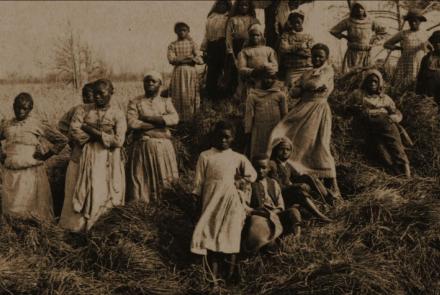
Priscilla, a Slave
S1 E1 - 1m 50s
Priscilla was purchased at a slave auction in South Carolina by a rice planter, Elias Ball. She arrived on the Ball's rice plantation in 1756. In her time, South Carolina had more black slaves than it did white citizens. Henry Louis Gates, Jr. meets Edward Ball, the fifth great grandson of Elias, and tours the old plantation, discussing Priscilla and early slavery in the United States.
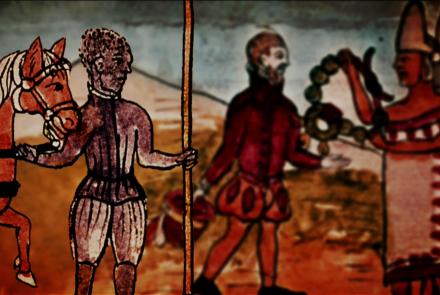
America's Earliest Africans
S1 E1 - 1m 19s
Professor Henry Louis Gates, Jr. discusses two of the earliest Africans to arrive in North America---free men who journeyed to this continent a century before the first Africans who arrived in Jamestown, Virginia, in 1619. Both were explorers who found hope and opportunity in this new land. But things changed quickly for those who followed them.
Similar Shows
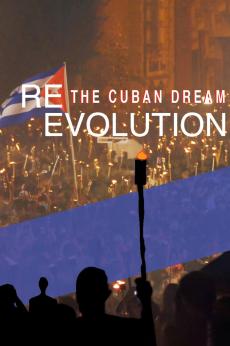
Re-Evolution
Culture
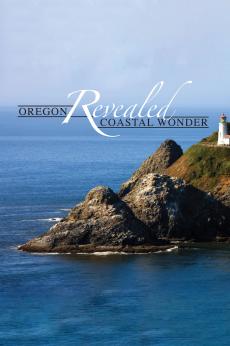
Oregon Revealed, Coastal Wonder
Culture
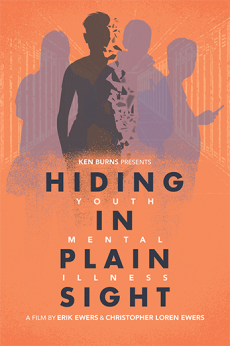

Free to Speak
Culture
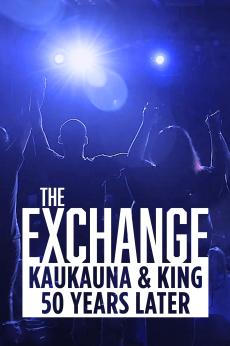
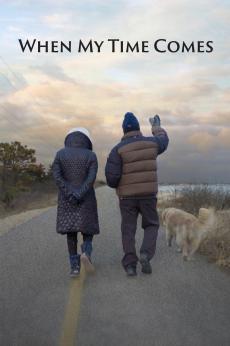
When My Time Comes
Culture

Family Travel with Colleen Kelly
Culture

American Veteran: Keep It Close
Culture

Circus
Culture
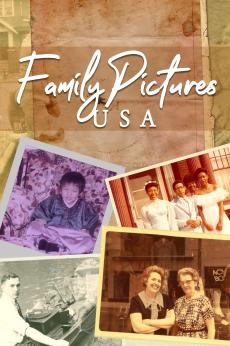
Family Pictures USA
Culture
WETA Passport
Stream tens of thousands of hours of your PBS and local favorites with WETA Passport whenever and wherever you want. Catch up on a single episode or binge-watch full seasons before they air on TV.